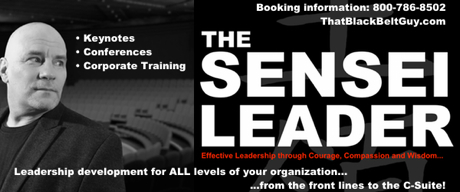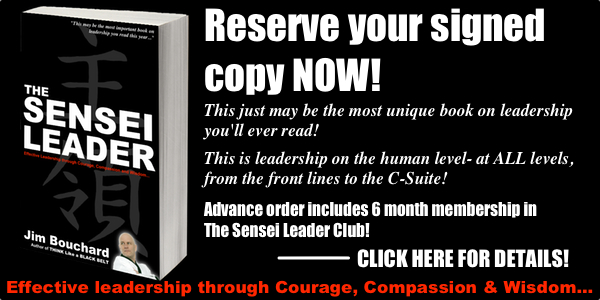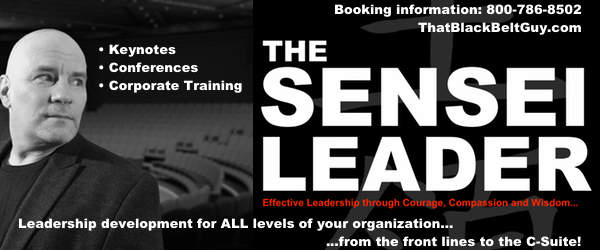 It’s difficult to measure the direct effect of teaching your leaders to be more compassionate—yet that which is not measured, seldom gets done.
It’s difficult to measure the direct effect of teaching your leaders to be more compassionate—yet that which is not measured, seldom gets done.
From McKinsey Quarterly:
Half of those who responded to a McKinsey survey last year told us that they see organizational capability building as one of their top strategic priorities, but many said their companies could do better. When we asked respondents about their companies’ biggest challenge with training programs, we found that the lack of effective metrics appeared to be a growing concern.
The constant tug-of-war between soft and hard skills training makes the problem even more difficult.
If you see a need to improve process in a technical area like sales protocols or time management, that’s likely to be viewed as a higher priority than teaching your managers to be more empathetic.
It shouldn’t be.
The problem is not one of higher or lower value—both skills are critical to the success of your company; the problem is one of metrics. It’s easier to measure the return of hard skills training, especially in the short-term. Soft skills require a different, more qualitative and long-term assessment to understand their true value.
In one day I can come to your organization and teach your leaders how to be more compassionate. We’ll also talk about how to be more courageous and wise at the same time—but I wouldn’t expect to see a spike in sales or productivity at the end of your next quarter as a result.
You can measure the qualitative effects rather quickly. A few weeks after the workshop:
- Do people feel their supervisors are giving them the attention they need?
- Are managers more open to feedback?
- Are managers responsive to employee concerns?
- Are managers listening?
- Is there clear follow-up on promises?
Should all of this produce results on your profit and loss statement?
Well, yes—eventually.
Over the long haul you might see better employee retention. You might see a decline in lost or wasted time. You could experience a decline in employee complaints and an increase in overall levels of engagement.
Of course to really see the direct ROI for your training expenditure, you’ll still need to connect the dots with some kind of cause and result qualitative analysis. Or—you trust the overwhelming mass of data that says creating a more compassionate workplace produces all these benefits.
If you see a decline in production after soft-skills training—that may be a problem. That doesn’t necessarily mean you wasted your money, it may mean we stirred the hornet’s nest and simply made people aware that they’re working in an untenable environment.
Or—it could mean your leadership team is rotten to the core!
It’s no secret that people are not staying as long as they used to. It’s also no secret that people are disengaged in staggering percentages. Some experts have had a hard-time correlating those facts with a slight uptick in production—I haven’t.
Production is rising because of automation and technology. But how long can we sustain that curve and more important—how much more productive could we be if we improve retention and engagement?
That’s why investment in soft-skills training for your leaders is crucial. Companies that make this investment create a significant competitive advantage.
I can teach your leaders to be more compassionate, courageous and wise in one day. That one day will produce returns for years.












